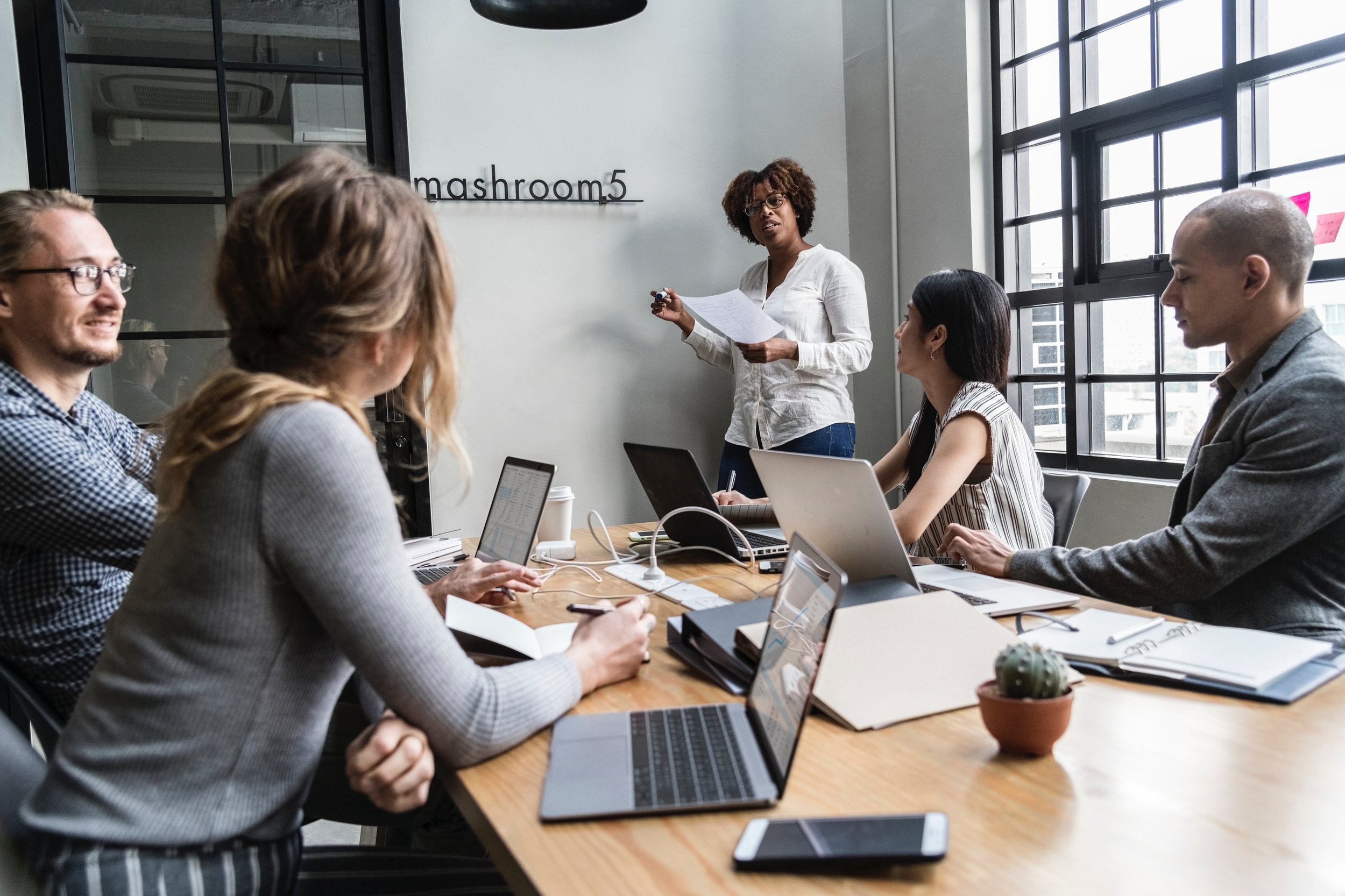Internal Bias: We’re All Guilty

How we interact and deal with one another is heavily influenced by internal bias. It’s perhaps the single biggest factor preventing inclusive efforts and, if not acknowledged and addressed, it will continue to remain a hindrance. These prejudices, beliefs and preconceived notions influence our thoughts and actions from day to day.
Consider the following: What do you tell yourself when you react in a particular manner — for instance, when you walk into an establishment owned by a person of color, do your expectations in service change? What about when you journey to the infamous “hood” in your local area. Do you take extra safety precautions, rush to complete whatever errand you went therefor, or just avoid making the trip altogether? Our responses to our outside environment are heavily based on our own internal biases. Case in point, the increased occurrence of white individuals calling the police on black people for everything from barbecuing to trying to go home. We hear these stories and think, “how ridiculous,” but we all hold internal biases that impact our behavior and our actions.
So what exactly is internal bias? Simply put, it’s the prejudices we have that cause us to judge and or pre-determine an outcome before gathering all the facts or details about a person or situation. Believe it or not, internal bias is at the heart of most of the contention experienced throughout society and our personal lives. It more often than not guides our decision-making and can be potentially dangerous if left unchecked. There are various forms of bias that manifest in many ways. Here’s a few of the most common forms:
Pre-judgement or Diagnosis bias
Diagnosis bias deals with the tendency to label people, places, and things based on the initial perception. This can be dangerous and harmful given the preconceived beliefs and thoughts we may have that may lead to harmful behavior.
Confirmation Bias
Another form of detrimental bias is, confirmation bias. This is dangerous because regardless of the knowledge and facts supporting or negating something, people will choose to believe the information that supports their thoughts and beliefs. This has been much of the response to reports of fake news. Since #45 has taken office, fake news, has taken over media platforms, in many people’s opinion. The current issue isn’t so much about the report of fake news, but more so the willingness for people from both sides of the spectrum to buy into it.
Group Think
Group think is a double-edged sword. It can be just as positive as it can be negative. When positive motivations and efforts are driving the group, wonderful things can happen. However, it can also result in negative outcomes ranging from ostracizing social groups to large scale genocide (i.e. slavery, the Holocaust).
You may be wondering how to confront or reduce bias within yourself. Acknowledgement is the first step. Once we become aware of our biases and acknowledge them, (this may not happen all at once) we can take strides to change the behaviors that result from exercising these beliefs. It takes time to change some of the deep-rooted beliefs that we hold about one another and various issues. That’s the beauty of humankind. Bias is, and perhaps will always be, a part of American culture and may never truly go away but there is no harm in taking concerted efforts to reduce its harmful effects.
Kymberly "K-Rants" Akpowowo is a xennial blogger, licensed social worker, and committed social-change agent with a strong background in behavioral health services, community administration, and advocacy. She is passionate about health-related topics, politics, poverty, and women’s empowerment among other things. Through her blog, k-rants.com, she has made it her personal agenda to keep the uninformed informed. She currently works for HHSC where she has the privilege of ensuring that residents are receiving adequate and efficient care. She is also very active in community development and integrated healthcare initiatives geared towards reducing recidivism among target populations. You can learn more about Kymberly aka “K-rants” and her passions by following her: @krants31





